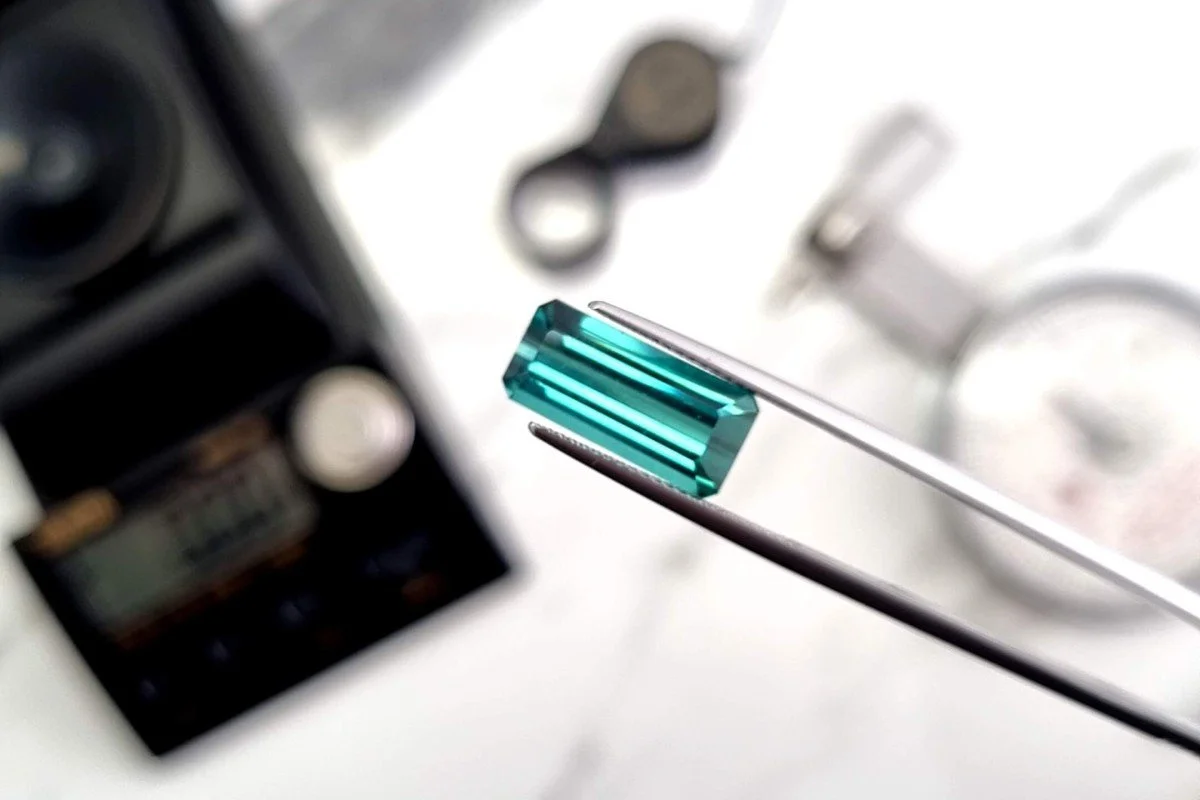The Ethical and Sustainable Appeal of Tourmaline
Why Tourmaline is a Sustainable and Ethical Gemstone Choice
Tourmaline is one of the most captivating gemstones you can find, prized for its vibrant colours and unique properties. What makes tourmaline particularly appealing for conscious jewellery lovers is its ethical and sustainable qualities. Unlike some gemstones mined through large-scale operations, tourmaline deposits tend to be more accessible, which means smaller-scale mining methods are often possible.
This smaller scale of mining reduces the need for heavy machinery and extensive environmental disruption, making tourmaline a responsible choice for those who care about sustainability. Plus, tourmaline naturally comes in a wide range of colours, so miners don’t have to target specific hues, which further lessens the impact on the environment.
The Environmental Benefits of Small-Scale Tourmaline Mining
Mining for tourmaline typically involves less invasive techniques that help preserve the surrounding land. This minimal environmental footprint is a cornerstone of its sustainability appeal. The gemstone’s wide colour variety means there is no need for extensive mining to find rare colours, which is often the case with other gemstones, reducing ecological disturbance.
At Sara Handmade Jewellery in Kiama, we highly value sourcing gemstones like tourmaline that marry beauty with responsibility. Our commitment to ethical gemstone sourcing ensures that every piece we design and create not only dazzles but also honours care for the planet.
Tourmaline in Bespoke Jewellery and Ethical Sourcing
Tourmaline’s durability and rich colour palette make it a brilliant choice for bespoke pieces including engagement rings and custom jewellery. At Sara Handmade Jewellery, we specialise in sourcing ethically mined gemstones like tourmaline to craft unique, handcrafted jewellery that tells your story beautifully.
We are passionate about working closely with clients from Kiama, the NSW South Coast, Sydney, Canberra, and surrounding areas to design jewellery that is not only stunning but sustainably made. Whether you’re interested in custom-made jewellery or jewellery remodelling, our expert team can incorporate ethically sourced tourmaline for a meaningful touch.
Paraiba Tourmaline: The Rare and Radiant Choice
Paraiba tourmaline is one of the rarest and most exclusive gemstones in the world, famous for its electric blue to green hues and captivating glow. This unique variety comes mainly from Brazil and Nigeria, and is celebrated for its vivid colour caused by trace amounts of copper.
Because of its rarity and intense popularity, Paraiba tourmaline is highly sought-after for bespoke jewellery, particularly for those wanting a one-of-a-kind engagement ring or statement piece. At Sara Handmade Jewellery, we carefully source Paraiba and other speciality tourmalines responsibly, ensuring that beauty never comes at the expense of our values. If you desire a truly unique and ethical gemstone for your next custom creation, Paraiba tourmaline is an unforgettable choice.
Frequently Asked Questions: Ethical & Sustainable Tourmaline Jewellery
-
Tourmaline is often sourced through small-scale mining with less environmental impact, and its abundance in various colours reduces the need for selective mining, making it a more ethical choice.
-
Yes, tourmaline is a robust gemstone suitable for everyday wear, making it great for engagement rings, pendants, and other cherished items.
-
Absolutely. We love transforming heirloom and unworn jewellery into new bespoke creations, incorporating ethically sourced gemstones like tourmaline to give your jewellery a fresh, sustainable life.
-
Definitely. Coloured gemstones, including Paraiba and other tourmalines, offer unique beauty and personal significance, plus ethical sourcing options that align with sustainable values.
If you’re considering adding a touch of sustainability to your jewellery collection, Contact us today and discuss a tourmaline creation.




